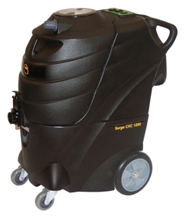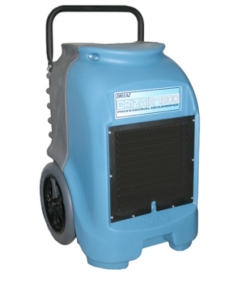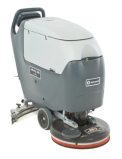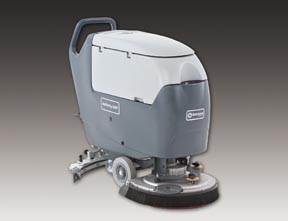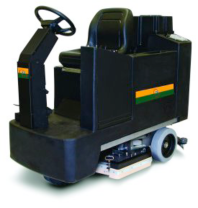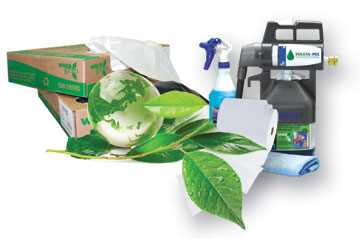When moisture is not managed properly, people can see the result –
Mold, mildew and unpleasant odors. Many businesses are challenged by problems caused by excess moisture. Hospital and healthcare environments seek to control humidity to meet air quality standards. Universities, schools, and airports have moisture-related issues in dorms, locker rooms and public areas. Light industrial, food processing and many other manufacturing settings need to keep the humidity at certain levels for both the production process and the comfort of workers. Hospitality facilities, such as hotels and casinos, have guests that accidentally flood rooms, as well as other damp conditions that can lead to mold and mildew.
The fastest way to manage excess moisture or to dry areas that have been soaked by water is to use generous amounts of focused air movement teamed with powerful commercial dehumidifiers. Dri-Eaz offers portable solutions that deliver results.
The basics
of drying…Wh
en an area is flooded by clean water from a sink, tub or pipe leak, first you have to remove all standing water as quickly as possible (24-48 hours). Then employ a two-pronged drying approach comprised of ample air movement focused on wet floors plus walls to promote evaporation and powerful commercial dehumidifiers to capture the water vapo
r created through the evaporation process. Commercial dehumidifiers reduce humidity rapidly and efficiently, but need air movement to do their job effectively. With adequate dehumidification and sufficient air movement, most environments can be dried successfully back to their original condition - fast. And time is critical, because of how quickly mold and mildew grow.
Manage excess moisture for a better work environment
Dehumidifiers remove moisture from the air to mitigate the problems that excess moisture and humidity cause:
- Condensation
- Mold & mildew growth
- Indoor air quality issues
- Worker fatigue
- Slip and fall hazards
A dehumidifier is typically a household or commercial appliance that reduces the level of humidity in the air, usually for health reasons. Humid air can cause mold and mildew to grow inside homes, which pose various health risks. Very humid climates or air make some people extremely uncomfortable, causing excessive sweating that can't evaporate in the already-moisture-saturated air. It can also cause condensation that can disrupt sleeping, or prevent laundry from drying thoroughly enough to prevent mustiness. Higher humidity is also preferred by most pests, including clothes moths, fleas, cockroaches, Woodlice and dust mites. Relative humidity in dwellings is preferably 30 to 50 percent.


